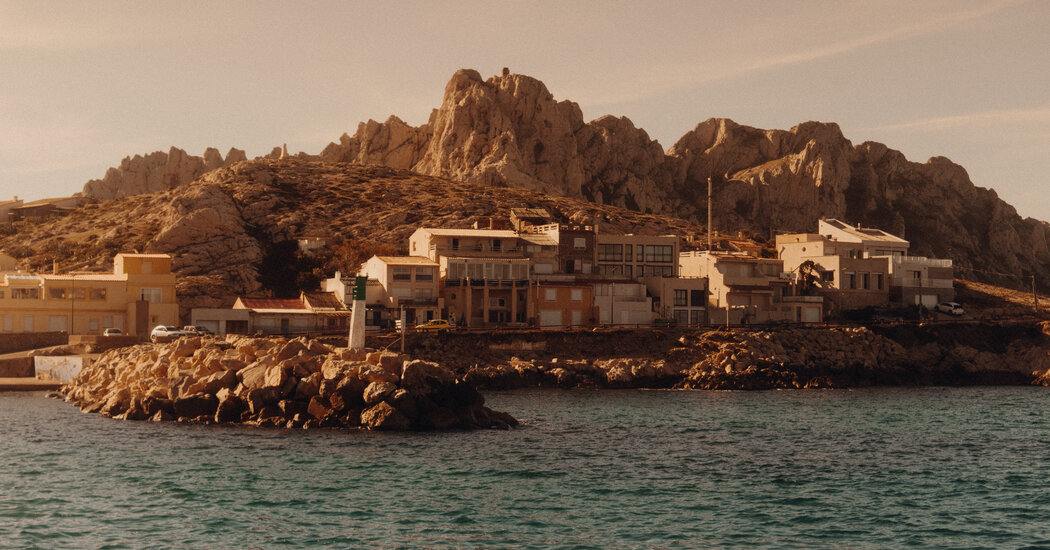Welcome to T Wanderlust, a new travel newsletter from the editors of T Magazine. Twice a month, we’ll recommend global destinations and hotels worth visiting. Sign up here to find us in your inbox every other Friday, along with our T List newsletter each Wednesday. And you can always reach us at tlist@nytimes.com.
Of all the prominent destinations in the south of France, Marseille has been the most overlooked. But as Provence’s maritime hub shows a new creative spirit, the city is getting the kind of attention it hasn’t experienced since it was a European Capital of Culture in 2013. Long maligned for its gritty veneer, municipal dysfunction and economic inequality, the sprawling metropolis has never left French or foreign visitors indifferent. They either want nothing more than a brief stopover or find themselves instantly hooked on its seaside beauty and frenetic energy — a sentiment that some locals insist has everything to do with its Greek roots and port-town identity, distinct in every way from the rest of the country.
France’s oldest and second-largest city by population (around 877,000 people), Marseille shares more in common with Algiers or Naples than neighboring Aix-en-Provence by dint of its history and coastal geography. Its foundation is built on a patchwork of immigrant communities (Armenian, Italian, Comoran, Spanish and North African, to name just a few). It’s a place where cultural movements like Afrofuturism and underground electronic music flourish, where soccer is the great equalizer and where, as the filmmaker and author Vérane Frédiani put it in her 2021 book, “Marseille Cuisine le Monde” (“Marseille Cooks the World”), people flock for a fresh start. That’s ultimately what has pulled in droves of Parisians (nearly one in 10 home buyers in Marseille are from the capital region, Île-de-France), among them chefs, artists and entrepreneurs, to begin anew after 2020’s lengthy lockdowns.
That the flood of newcomers set their sights on Marseille is a testament not only to its most obvious gifts — 300 days of sun per year and instant access to nature (the deep limestone inlets of the Calanques National Park are less than a 30-minute drive away) — but also to its evolving assets. “The food has always been a reflection of its population, but it keeps getting better, more inventive,” says Ezéchiel Zérah, the Marseille-born founder of the newsletter Pomélo, who is currently working on a book about the city….
Click Here to Read the Full Original Article at NYT > Travel…
